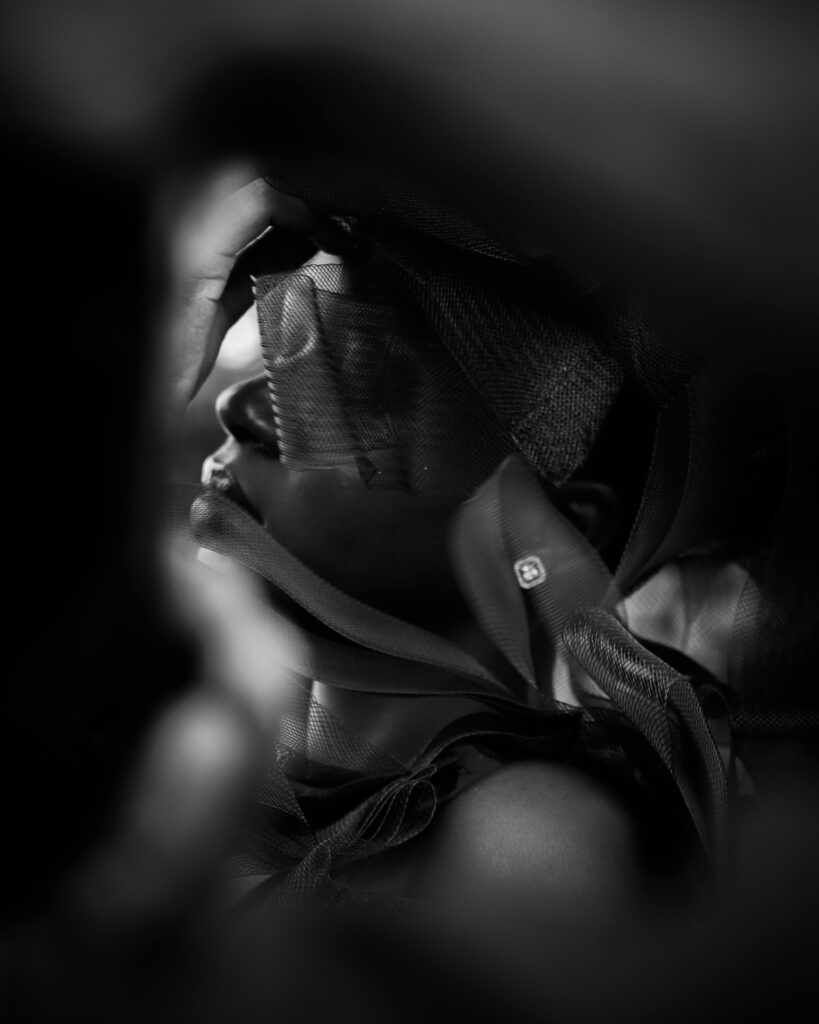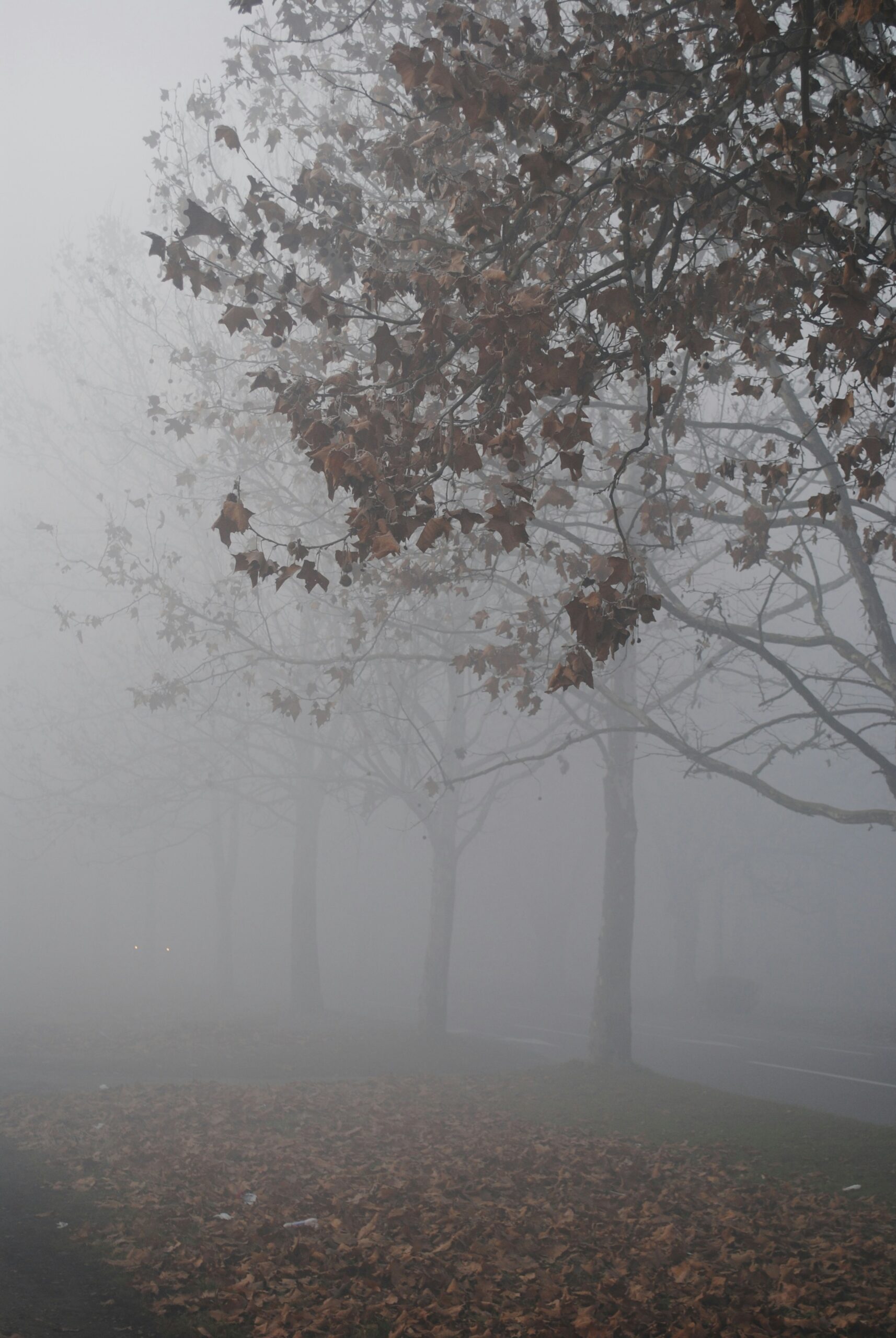When you are a teenager, you look at your mother, with contempt, and think to yourself how you will never become this woman. This woman who shouts at the top of her voice, this woman who reaches out to the nearest object and hauls them at her kids. This woman who never sleeps, always awake when you go to bed, remains wide awake when she snatches you out of your sleep. This woman who never sits in one place, roams from one corner of the house to another, looking for faults, searches for things that have not been done right, and distributes offenses like souvenirs after a wedding. This woman with permanent creases on her forehead from all the worries she keeps in there. This woman who puts everyone else first forgives even before an apology is sought. This woman who gives out things even when she needs them too. This woman who takes other’s side over yours so much, so you wonder if you are adopted.
When you sit in maths class, all you do is calculate the distance you will put between yourself and becoming her. You rehearse all the things you will never do as a grown woman and turn them into a mantra you recite every night. You tell yourself that you are not her, that even though people see a reflection of her on your face, you have no intention of taking that similarity beyond the physical. You will grow to be an enlightened woman. A woman who will go to school and sit through hours of lectures and tutorials, and not throw her dreams away to raise some ungrateful man’s children. A woman who will read books and find liberation between pages. There is no way you will end up like her.
Then the days go by, and you think you are different, everything unlike her, just like you planned. Living life, focusing on personal growth and career development, until you fall in love. And before you can understand how or why, you become a wife and a mother.
It starts slow. You begin to notice how sometimes, when you talk to your kids, you can hear the echo of your mother’s voice behind your own. It is as if somehow, it is her words that are leaving your lips. Suddenly, you are telling your toddler zan auni kirginka, a phrase your mother employed to threaten you and your siblings, whose meaning you do not even know, but which, now, you find yourself yelling at your kids countless times a day. Where is the considerate woman who swore to never raise her kids with yelling?
And just like that, you are the one going through life carrying all the worries you thought will never have a place in your life.
Did the kids have enough breakfast? Will the stew last a month? When is Aisha giving birth? Have you arranged your husband’s wardrobe? How much do you still owe for that ashoebi? Oh, and that contribution, when is it going to end? Did they lock the door properly before going to bed? Who is going to take care of Rita’s children now that she is dead? What are you going to do about a boss who doesn’t know the meaning of boundaries and makes you lose interest in your job? And Ado’s performance at school is poor, will he ever make it in life?

You see yourself putting others before you, shrinking yourself so that you do not take up too much space, so that society does not label you a misfit. You keep going back to the man who has made your skin a gallery of bruises, and whose love you can no longer find in you no matter how hard you look. You tell yourself each day that it is for the kids, for the social security and respect that comes with being married. You look in the mirror sometimes, unable to recognize the you who now cares what society thinks. You remember how angry you were at your mother for staying with your father, even when his abuse was endless. You now understand. You know. You know why a mother is a sponge. A mop that takes everything in so the surfaces look clean. You are now the mop of your family. Cleaning up mistakes, hiding faults in your strands, and losing your sparkle each day, until you become this dull, dirty thing that will never become white again no matter the amount of bleach you soak yourself in.
Sometimes, you sit and wonder what happened to being different. What happened to the girl who swore to break the chain and be free? What happened to the promises and vows made at a tender age? Did they stop being important with time? Or is what they say about an adult seeing what a child wouldn’t catch a glimpse of even on top of mount Everest true? Do you have a better vision now as an adult, or are you just cowardly, like you thought your mother was, all those years ago?
You wish your mother was alive. You want to go back in time to apologize to her. Tell her you are sorry for all the times you misjudged her. For all the times you felt she embarrassed you, and you tried your best to hide her from your friends. You want to tell her that you understand now. That you know better. That you now know why she made the choices that she made. That you understand her pain, her sacrifices, the demands and expectations of her. That you laugh at your foolishness now. That now you know that when she shook her head, and smiled a sad smile, every time you confronted her, it was her saying one day you will understand without using her voice.
And you wonder what all that fighting was for, when in the end, we all become our mothers.
- In The Poetry of Life: The Poetic Side of Melancholy | Nasiba Babale - April 11, 2025
- In The Poetry of Life: The S. I. Unit of Love | Nasiba Babale - January 31, 2025
- In The Poetry of Life: Things I Remember About My Grandmother | Nasiba Babale - January 10, 2025












When I was young, I always believed my mother was harsh and overworked me. When she was in her sick bed I had to mother up and train my 7 siblings. I had to wear her shoes and shout, and overworked, and overthink, and the list goes on.
I even became harsher than her and think more than she does. Sometimes, we are even more than our mothers.
Thank you, Nasiba, for this. I really love it. Looking forward to reading more from you.
Thank you Ummusalma. I am glad you enjoyed it.